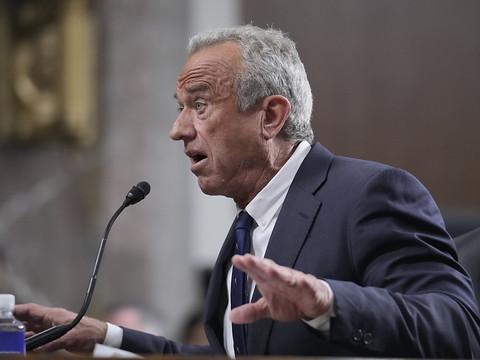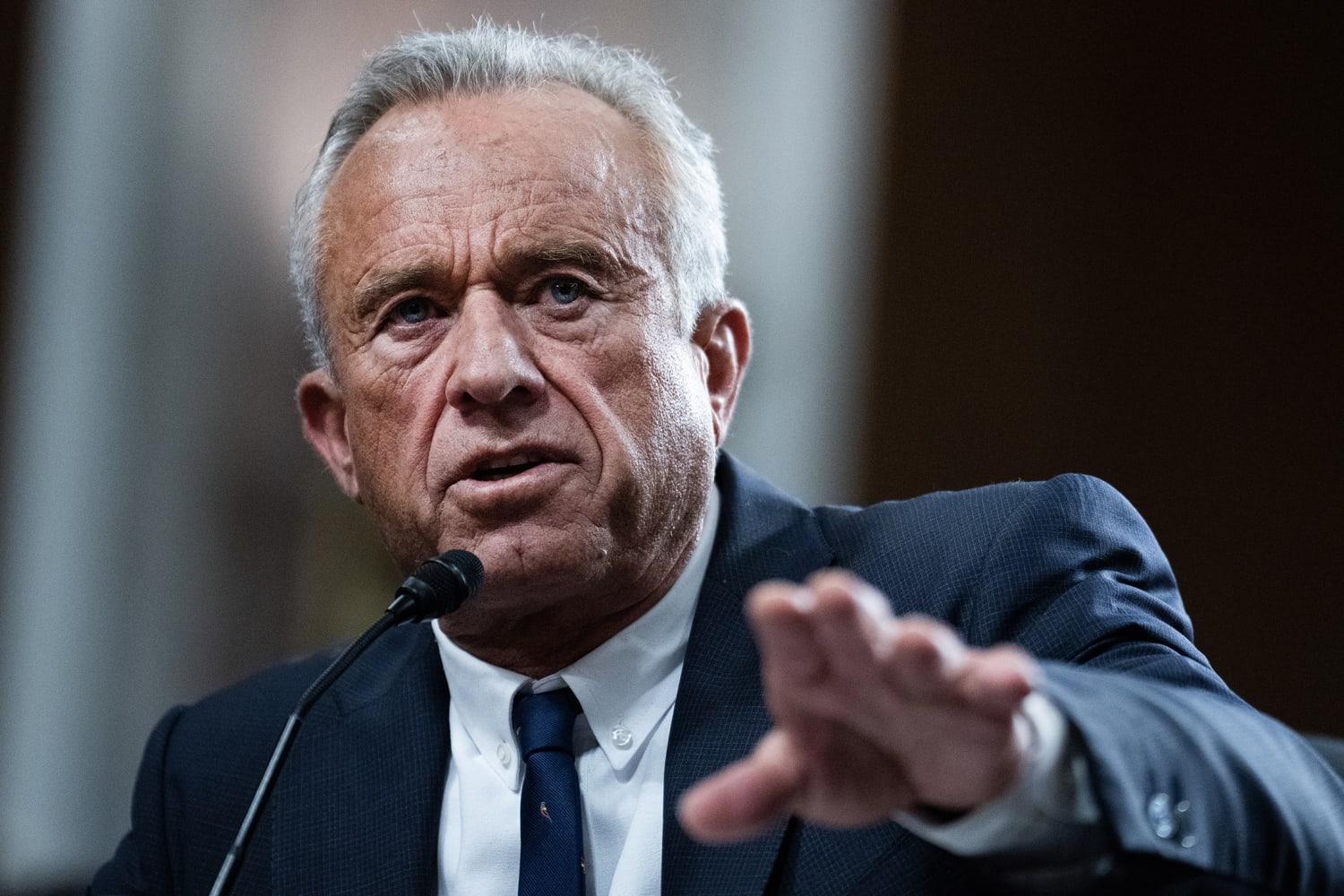Robert F. Kennedy Jr., the independent candidate running for president in 2024, has stirred intense public debate with his position on gender-affirming surgery for minors. His proposal to ban such procedures for children under 18 has drawn both praise and fierce criticism, fueling an already heated national conversation about the rights of transgender youth, the responsibilities of parents, and the role of government in healthcare decisions.

Kennedy, known for his outspoken views on various controversial topics, has positioned himself as a defender of what he calls “biological reality and child protection.” In his public statements, he argues that children are not mentally or emotionally mature enough to make permanent decisions about their bodies and identities. He has framed gender-affirming surgeries for minors as a form of medical overreach, suggesting that some procedures may cause irreversible harm. Under his proposed policy, surgeries such as double mastectomies or genital reassignment procedures for individuals under 18 would be prohibited nationwide.
Supporters of Kennedy’s stance argue that such measures are necessary to safeguard vulnerable youth from making life-altering choices they may later regret. They contend that children and teenagers, especially those navigating emotional distress or identity confusion, should not be allowed to undergo irreversible medical interventions. This perspective views Kennedy’s proposal not as an attack on the transgender community but as a call for caution and responsibility in dealing with complex medical and psychological issues. They often cite stories of individuals who detransitioned—those who underwent medical transition and later regretted it—as evidence that the system is moving too quickly in affirming gender identity without proper oversight.
On the other hand, critics say Kennedy’s proposal is a violation of individual rights and a direct attack on transgender youth. Medical organizations such as the American Academy of Pediatrics, the American Medical Association, and the Endocrine Society have endorsed gender-affirming care, including surgery in rare cases, as medically necessary for some transgender individuals. According to these groups, such procedures are never taken lightly and are usually the result of a lengthy evaluation process involving mental health professionals, parents or guardians, and medical experts. They argue that removing access to these services puts transgender youth at greater risk of depression, anxiety, and suicide.
For many families of transgender children, Kennedy’s proposal feels like an intrusion into deeply personal and often painful decisions. Parents argue that they, along with qualified professionals, are best suited to make choices regarding their child’s health—not politicians. Critics worry that a federal ban would not only override parental authority but also create a chilling effect in the medical community, discouraging doctors from providing care or even discussing options with patients and their families.
The political implications of Kennedy’s position are equally significant. As an independent candidate, he has sought to attract voters from both sides of the political spectrum. His stance on gender-affirming surgery seems calibrated to appeal to more socially conservative voters, particularly those disillusioned with mainstream Republican or Democratic platforms. However, it also risks alienating progressive and libertarian-minded voters who see the policy as an overreach of government power.
There is also the question of how such a ban would be enforced. Would doctors be prosecuted? Would families be investigated for seeking treatment abroad? These logistical uncertainties raise additional ethical and legal concerns. Critics argue that the government should not be in the business of regulating highly specific medical procedures, especially ones that are supported by a consensus of medical experts in certain cases.

Ultimately, the debate over Kennedy’s proposal is about more than just surgery—it touches on issues of bodily autonomy, the limits of parental and governmental authority, and how society chooses to support or restrict young people navigating their identities. For some, banning gender-affirming surgery for minors is a necessary safeguard. For others, it is a harmful and discriminatory policy that threatens the well-being of already marginalized youth.
As the 2024 election approaches, Kennedy’s stance will likely remain a lightning rod in the broader cultural battle over gender, healthcare, and children’s rights. Whether voters support or reject his proposal may say as much about the country’s values as it does about the candidate himself.






